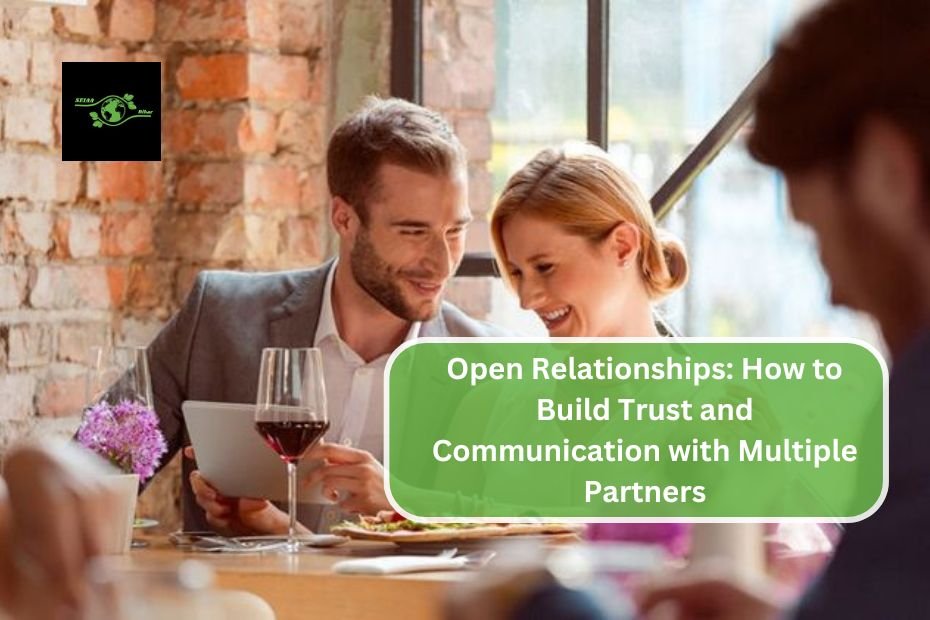Open relationships can provide a fulfilling alternative to traditional monogamy, allowing individuals to explore connections outside their primary partnership. However, successful navigation of these relationships requires a strong foundation of trust, clear communication, and mutual respect. Here are essential strategies for building trust and fostering effective communication in open relationships.
1. Establish Clear Boundaries
Define Relationship Parameters: Clearly outline what is acceptable within the relationship. Discuss aspects such as:
- Types of interactions allowed (sexual, emotional, casual).
- Rules regarding outside partners (e.g., frequency of meetings, overnight stays).
- Any restrictions on specific individuals or types of relationships.
Regularly Revisit Boundaries: As relationships evolve, so might your needs and feelings. Schedule regular check-ins to reassess boundaries and ensure they still align with everyone’s comfort levels .
2. Prioritize Open Communication
Honesty is Crucial: Open relationships thrive on transparency. Partners must feel safe expressing their thoughts, feelings, and experiences without fear of judgment. This includes discussing desires, insecurities, and any challenges that arise .Regular Check-Ins: Make it a habit to check in with each other about how you’re feeling in the relationship. This practice helps address any concerns before they escalate into larger issues .
3. Practice Safe Intimacy
Health and Safety First: Establish guidelines for safe Intimacy practices with all partners. This includes using protection and getting regularly tested for STIs. Open discussions about health can help build trust and ensure everyone’s well-being .
4. Foster Emotional Support
Recognize Emotional Needs: While exploring connections outside the primary relationship, it’s essential to ensure that both partners feel emotionally supported. Make time for each other to discuss feelings and provide reassurance .Encourage Empathy: Cultivating empathy involves understanding and validating each other’s feelings, especially when dealing with jealousy or insecurity. Show genuine concern for your partner’s emotional state .
5. Build Trust Through Transparency
Share Experiences Openly: Be transparent about your encounters with other partners. Sharing details about your experiences can help alleviate concerns and foster a sense of security within the primary relationship .Avoid Secrets: Keeping secrets can erode trust quickly. Ensure that all partners are informed about the dynamics of the open relationship to maintain honesty .
6. Manage Jealousy Constructively
Acknowledge Jealousy as Normal: Jealousy can occur in any relationship, including open ones. Instead of suppressing these feelings, discuss them openly with your partner to understand their root causes .Develop Coping Strategies: Work together to identify strategies for managing jealousy when it arises. This might include reassurance from your partner or engaging in activities that strengthen your bond .
7. Seek External Support if Needed
Consider Professional Guidance: If navigating an open relationship becomes overwhelming, seeking help from a therapist experienced in non-monogamous dynamics can provide valuable insights and tools for managing challenges .
Conclusion
Building trust and communication in open relationships requires intentional effort from all parties involved. By establishing clear boundaries, prioritizing open communication, practicing safe sex, fostering emotional support, maintaining transparency, managing jealousy constructively, and seeking external support when needed, couples can create a healthy framework for their non-monogamous relationships.
| HOME | CLICK HERE |
| CATEGORY | CLICK HERE |

